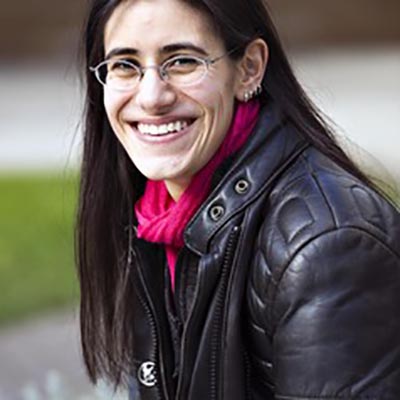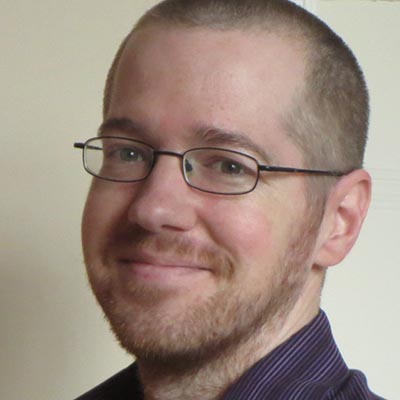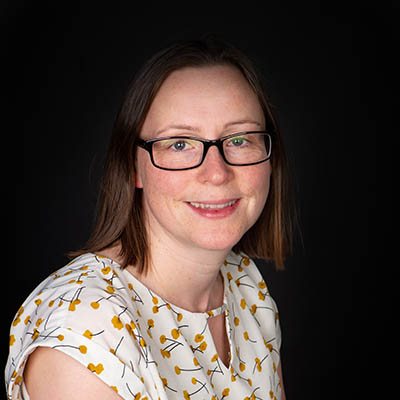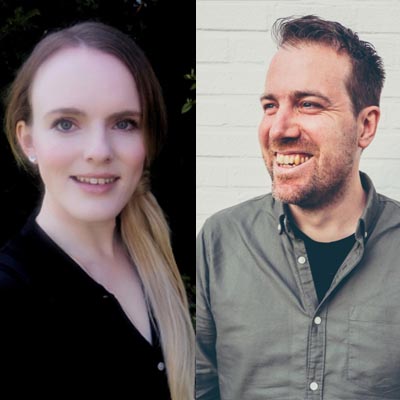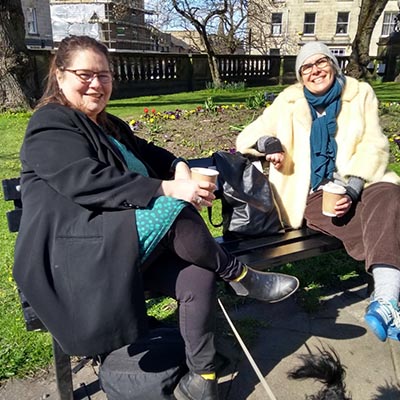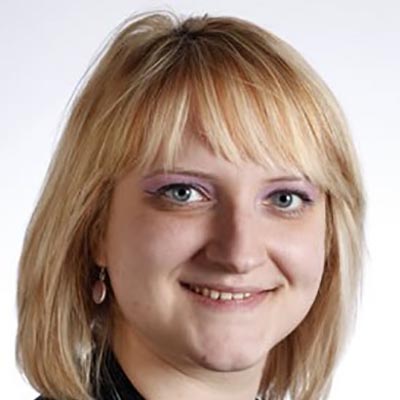As a Learning Developer I (Joanne) have long been irked by this tension between the need for students to develop their writing skills and the risks of teaching those skills – how can I authentically help students to ‘see’ and engage in academic writing without contributing to the stultifying, disempowering, excluding practices of telling students how to write? How can I pretend to be supporting ‘co-creation of knowledge’ if the very tools for communicating that knowledge are set in stone and held slightly out of reach?
And as somebody rooted in the discipline of History, how can I (Corinna) foster individual flair and academic rigour in our PGR community, and prepare them not only for the exam that is the thesis but their writing lives thereafter?
This project is an attempt to answer these questions. PGR students are obvious partners to trial such a writing project with. They are expected, and expect themselves, to be proficient, confident writers, prospective leaders in their field. They are highly motivated, time-rich (in terms of the place writing is meant to take in their week) , and least well served by an instrumental approach. They may teach the academics of the future. They are also the most easily overlooked constituents, unlikely to ask for or be provided with writing ‘help’ beyond individual supervisor support.
'Talking about Writing' therefore takes the form of a community of practice (Wenger, 2011) fostering a group of PGR students who will meet to talk with us and each other about writing – the writing process and the writing product in abstract and less-abstract ways. We will create a space for and encourage peer support, nurturing an awareness of writing and of being a writer.
‘Talking about Writing’ will encompass:
- A fortnightly meeting of 1.5 hours with a focus agreed at the previous meeting
- A dedicated Teams site to permit conversations to continue between meetings, facilitate peer support and act as a repository for sharing and reflection on examples drawn from everyday encounters as well as academic ones
- Discussion of technical aspects of writing – grammar, structure, proof-reading
- Recommended reading and source materials as emerging from discussion (available on Teams)
We will build our project on the foundations of trust, friendship, honesty, authenticity. We will draw on and harness the experience and expertise of every group member. We will base our conversations on honest, curious exploration – asking authentic questions, telling stories, listening.


